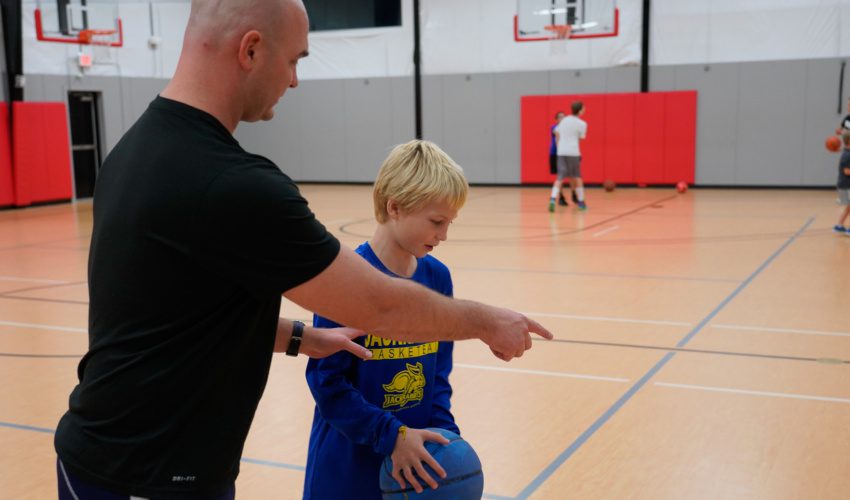Cardio-oncology: Dedicated to cancer patients’ heart health
Feb. 19, 2018
This piece is presented by Sanford Health.
Thanks to advancements in cancer treatments and therapies, we have seen significant improvements in survival rates for cancer patients. Unfortunately, those same treatments that kill cancer cells also can affect other parts of the body – even the heart.
Cardiotoxicity defined
Cardiac toxicity, or cardiotoxicity, is damage to the heart by harmful chemicals. Recent guidelines define it as decrease of the heart pumping function and development of heart failure.
As part of cancer treatments, patients may be given chemotherapy drugs or other medications to control their disease. A side effect is that normal cells in and around the heart also can be damaged.
Cancer medications that may cause heart damage include adriamycin, herceptin and radiation therapy.
Certain lifestyle choices also can increase the risk of these medications causing damage to the heart. According to a recent study by Cancer Research UK, smokers treated for breast cancer have much higher risks than nonsmokers of developing lung cancer or heart attack as a result of radiotherapy.
Making crucial connections
In the 1950s, health care professionals began to realize that medications used to treat breast cancer could affect the heart and create long-term conditions. Some patients already have cardiovascular disease when diagnosed, which can limit the cancer therapy available. Other patients can develop new cardiac problems during cancer treatment.
Efforts were made to organize research to find answers to why this was happening and what could be done to help patients. Cardiologists and oncologists began collaborating once a connection was discovered. But now there is a more formalized approach, called cardio-oncology, resulting in guidelines on how to properly monitor and care for cardiotoxicity in patients.
Creating a better plan of care
The ultimate goal of cardio-oncology is to not interrupt or change the specific plan of cancer treatment.
To achieve that goal, the medical staff first needs to have the proper tools to recognize the signs and symptoms of toxicity as early as possible. Symptoms include fatigue, shortness of breath during exertion, discomfort while lying on the back and swollen ankles.
Next, if evidence of cardiotoxicity is found, medical therapy or lifestyle changes should be started as soon as possible to reduce the risk of damage to the heart. Typically, it is treated the same as heart failure from other causes. Patient may be prescribed medications to thin their blood or that help the heart beat more efficiently.
Seven simple steps to a healthier heart
By focusing on seven key health factors and behaviors — what the American Heart Association calls Life’s Simple 7 — you can help keep your heart healthy.
- Manage blood pressure: When your blood pressure stays within healthy ranges, you reduce the strain on your heart, arteries and kidneys, which keeps you healthier longer.
- Control cholesterol: When you control your cholesterol, you are giving your arteries their best chance to remain clear of blockages.
- Reduce blood sugar: Most of the food we eat is turned into glucose, or blood sugar, that our bodies use for energy. Over time, high levels of blood sugar can damage your heart, kidneys, eyes and nerves.
- Get active: Simply put, daily physical activity increases your length and quality of life.
- Eat better: When you eat a heart-healthy diet, you improve your chances for feeling good and staying healthy – for life!
- Lose weight: When you shed extra fat and unnecessary pounds, you reduce the burden on your heart, lungs, blood vessels and skeleton.
- Stop smoking: Cigarette smokers have a higher risk of developing cardiovascular disease.








